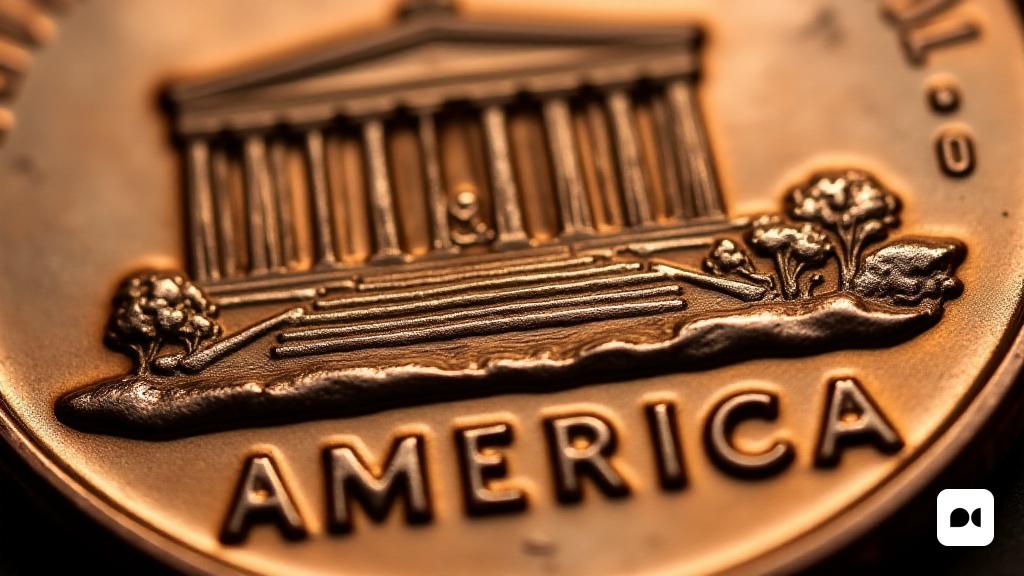A cent that is worth a fortune
In the fascinating universe of numismatic collecting, some common coins can become true jewelry. A remarkable example is the Center for Lincoln of 1992, which, despite its usual appearance, has captured the interest of collectors and experts for amazing reasons.
THE MISTERI OF 1992 CLOSE AM
The currency, known as in 1992 Close Am Penny, stands out for a mistake of minting that sets it apart from the rest. The peculiarity lies in the proximity between the letters “A” and “m” of the word “America” on the reverse of the coin. This feature makes it similar to the cents of 1993, but it should not be applied to the design of 1992.
An error that is valid
The error was born of the use of matrices for the production of proof coins in the manufacture of cents for circulation. In the conventional cents, the letters are more separated, giving rise to what is called ‘Wide am’. This confusion has turned Close Am in 1992 into an extremely rare piece, with only a few known specimens.
The discovery that changed everything
The first specimen of this singular penny was identified in December 2001 by Colin Kusch, a passionate collector. The coin he discovered showed features of being coined in a transitional moment, suggesting that the Denver’s Currency House had tried to eliminate the defective pieces, but some managed to escape the market.
Boom rating
At an auction held in 2017, a 1992 Close Am Penny in MS67 Red was sold for the amazing amount of $ 25,850. Even circulation versions can reach prices between $ 3,000 and $ 4,000, reflecting the high demand for this exceptional penny.
Other numismatic treasures
In 1992 Close Am is not the only penny that has captured the attention of collectors. Another noteworthy example is the Cena of Ceca’s 1983, which has a stamping error called ‘Doubled Die Reverse’. This error causes that the ‘One Hundred’ registration appears duplicate, and of the 7.7 billion cents made that year, only about 5,000 have this defect.
A value that s’aprecia
The rarity of this penny causes its price to reach $ 7,000 in the market. Thus, coins with minting errors are still a field of interest to collectors around the world.
The magic of numismatic errors
Small variations in the coining process can transform coins that seem trivial into authentic findings. Examples such as in 1992 Close Am and the Cena of Ceca’s 1983 mark illustrate how a simple detail can trigger a great demand in the world of collecting.




